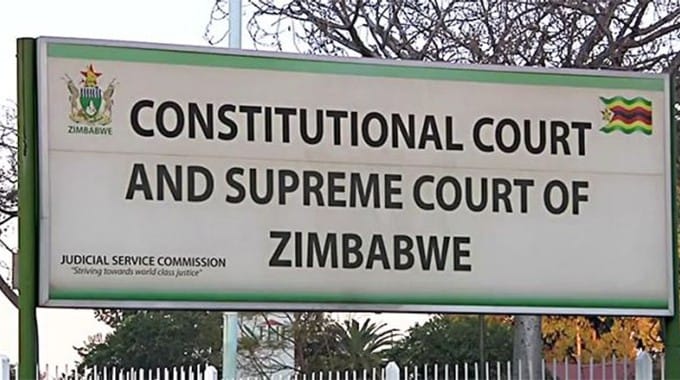Crimes and Courts Correspondent
The Zimbabwe High Court has recently declared section 8(1) of the Immigration Act unconstitutional.
This provision previously allowed immigration officers to detain foreigners suspected of crimes for up to 14 days without judicial oversight. The ruling was made on November 12, 2024, by Justice Christopher Dube-Banda, who emphasized that this practice violated the constitutional right to be brought before a court within 48 hours of detention, as stipulated in section 50(2)(b) of the Constitution.
Background of the Case
The case was initiated by Tatenda Chakabva, a resident of Harare, with support from the Zimbabwe Lawyers for Human Rights (ZLHR). Chakabva argued that the provision permitted arbitrary detention, undermining both constitutional rights and international treaties ratified by Zimbabwe, including the African Charter on Human and Peoples’ Rights and the International Covenant on Civil and Political Rights.
Court’s Findings
Justice Dube-Banda ruled that the lack of judicial oversight for such extended detention was a violation of human rights, particularly concerning liberty, dignity, and freedom. He stated that judicial oversight is crucial to protect detainees’ rights and ensure that any continued detention is lawful. The Chief Immigration Officer’s defense, which claimed that the provision was necessary to combat transnational crimes like terrorism and human trafficking, was rejected by the court.
Implications of the Ruling
This ruling aligns with international and regional conventions that mandate prompt judicial review of detention. It reinforces the principle that Zimbabwe’s immigration authorities cannot authorize prolonged detention without judicial review. The decision is currently subject to confirmation by Zimbabwe’s Constitutional Court.
This landmark ruling is a significant step towards enhancing the protection of human rights within Zimbabwe’s legal framework.
Zim GBC News©2024


